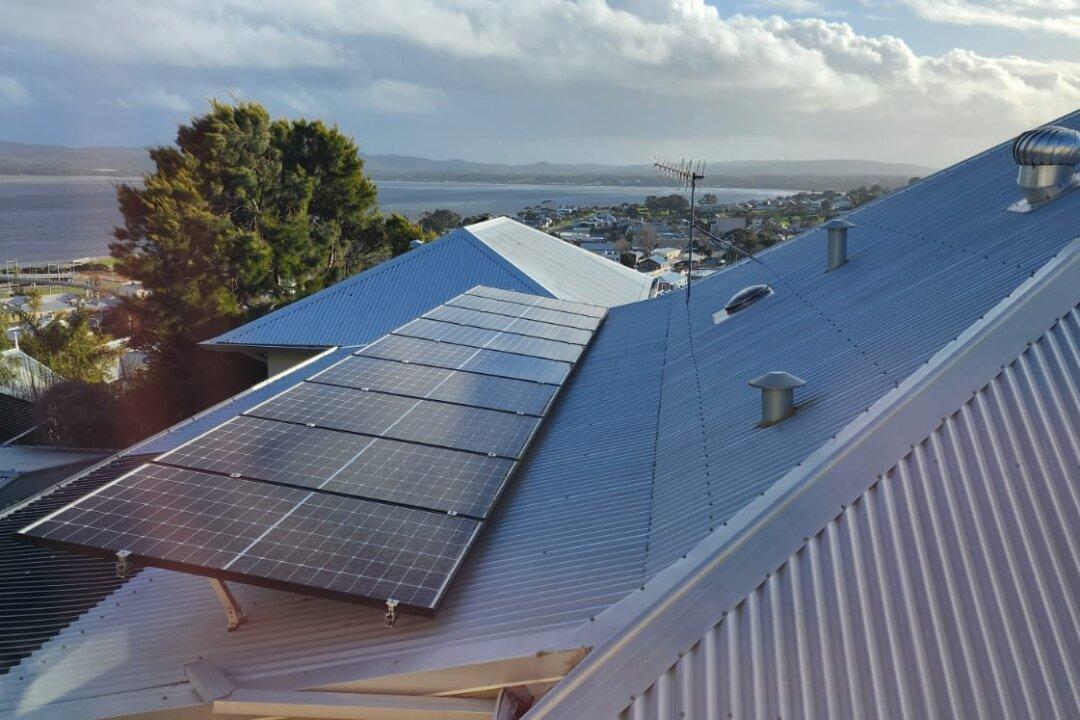The Australian government has been urged to assess the risks involved in the use of foreign-made solar technology to ensure the national power grid is fully protected from targeted cyber-attacks.
James Paterson, the shadow minister for home affairs and cyber security said that 58 percent of the internet-connected solar inverters in Australia came from companies based in China.




